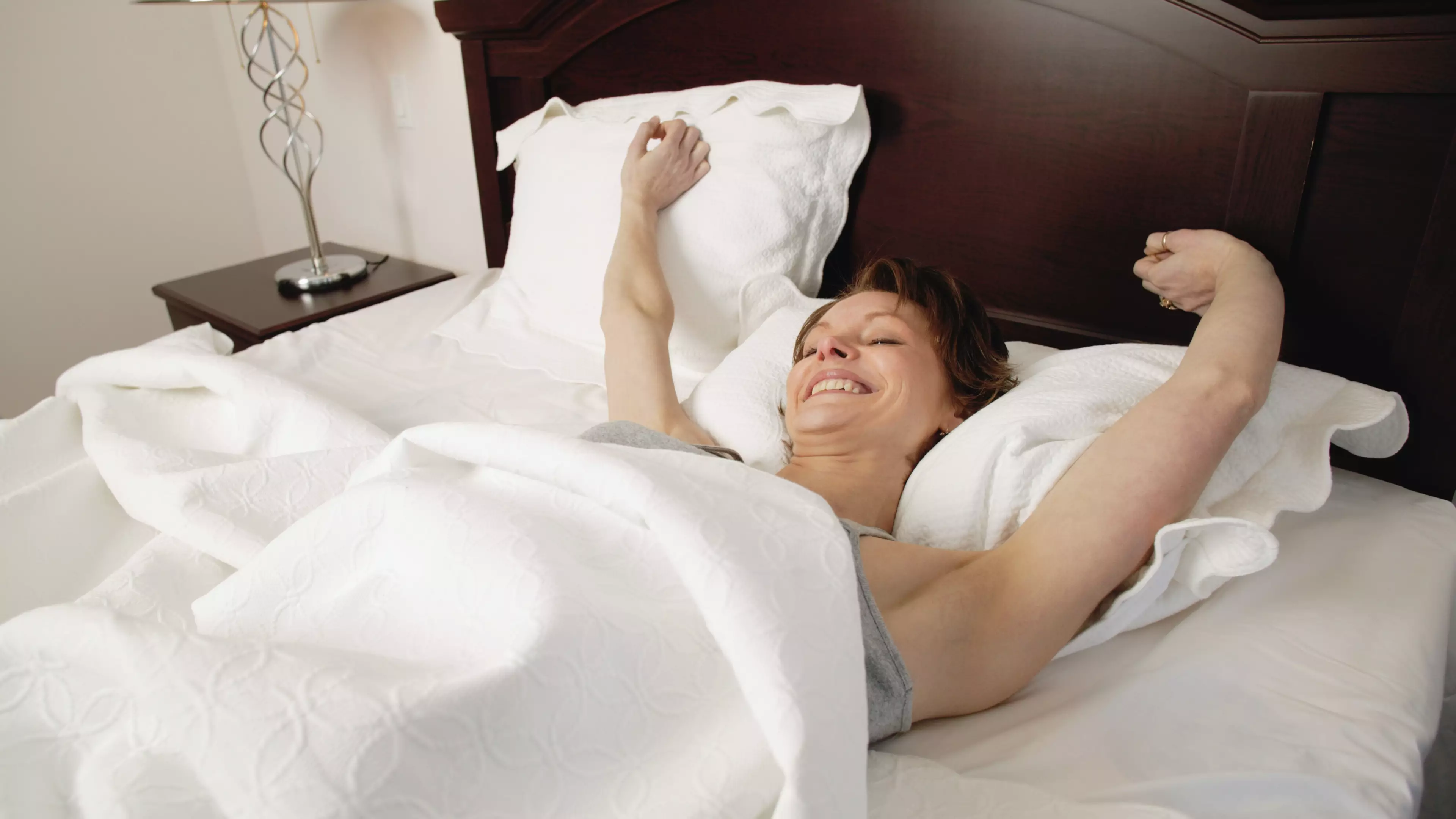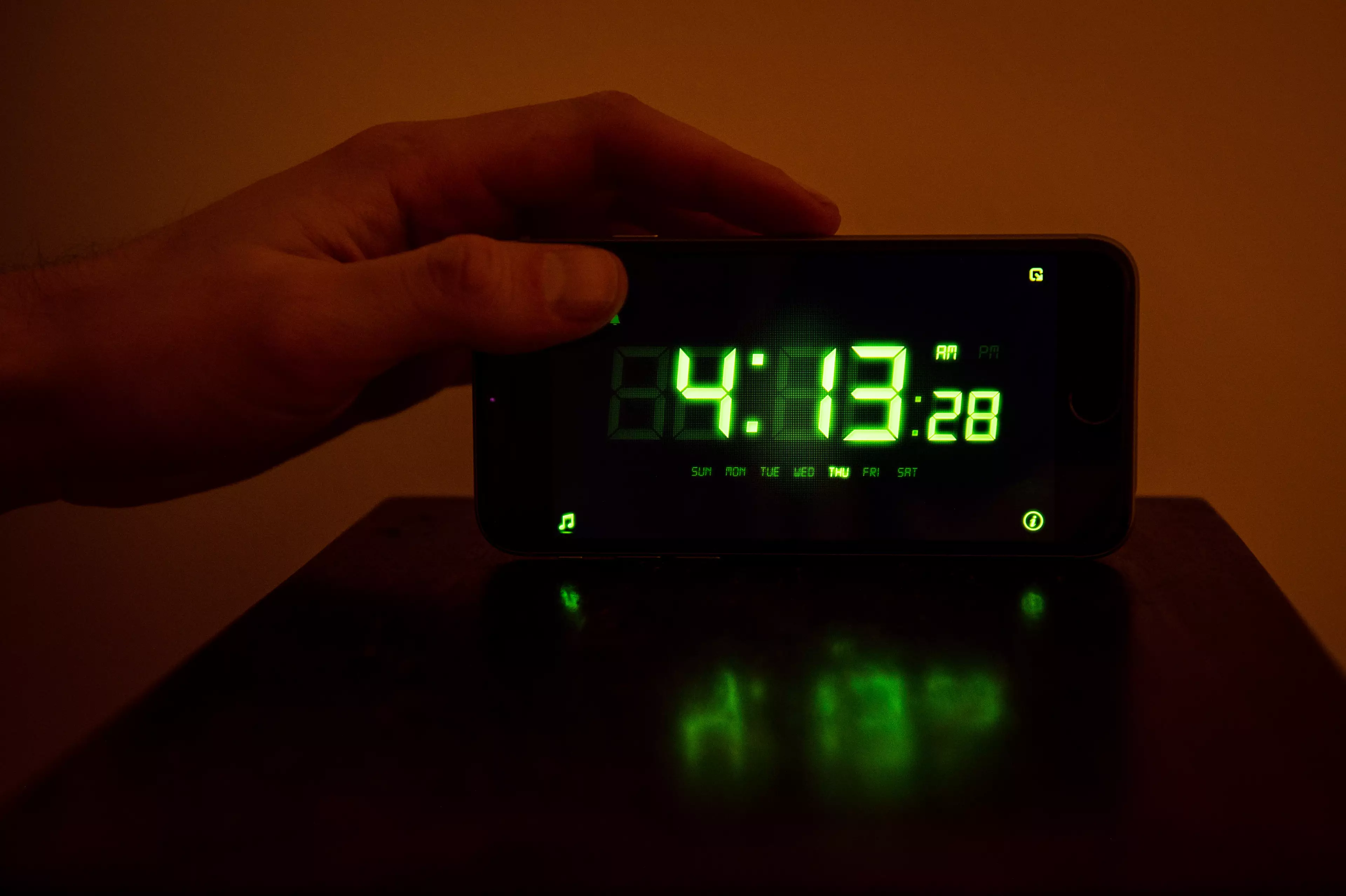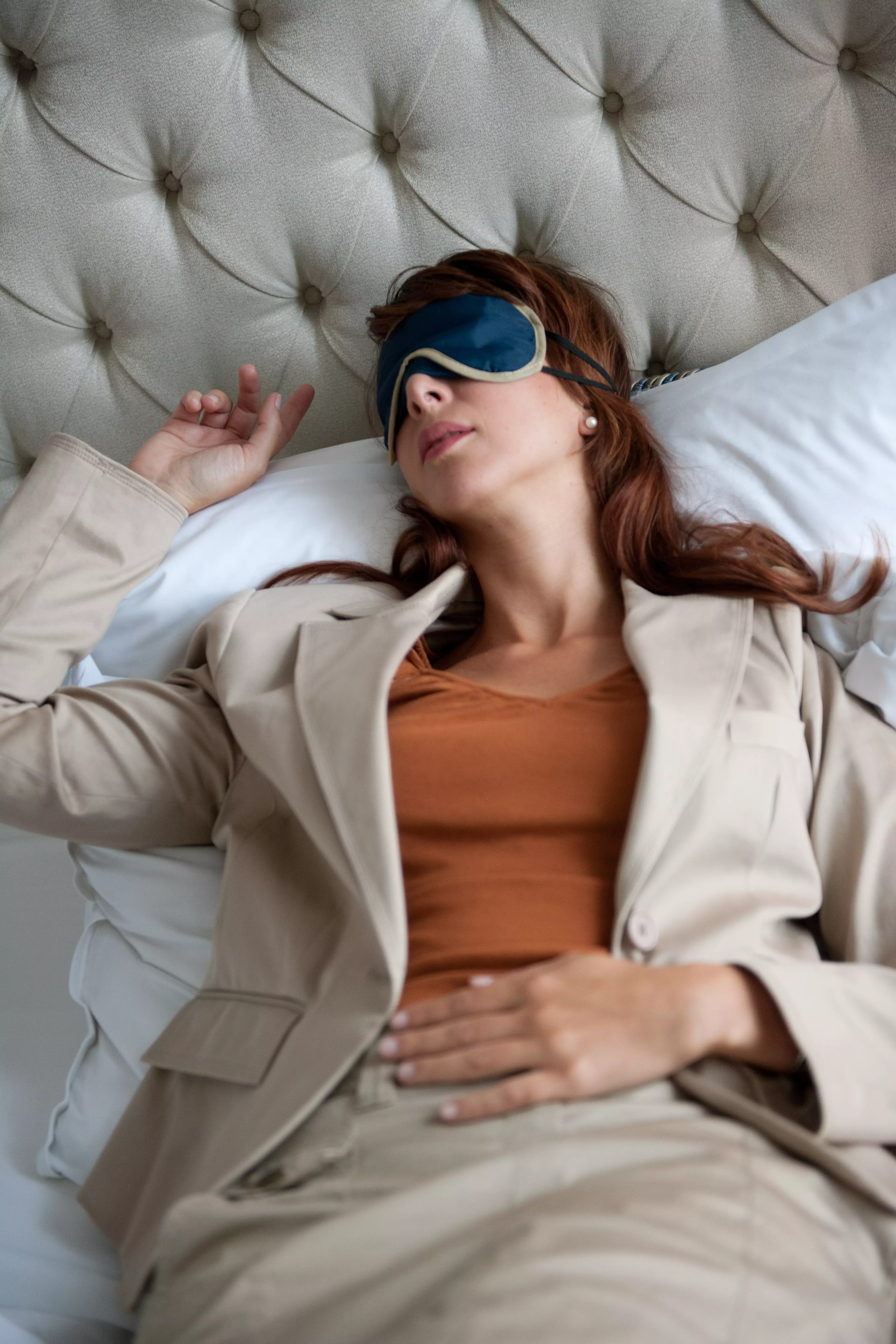
It's World Sleep Day, so I hope you managed to get a decent shift of shut eye last night.
But if you didn't, fear not, because we have just the thing that will make sure you always wake up feeling utterly refreshed.
The sleep boffins at blind specialist Hillarys have built a calculator that works out what time your head needs to hit the pillow in order to achieve maximum sleepage.
Advert
According to science, the basic rule is that we need to get five or six 90-minute sleep cycles in every night to make sure we're fully-rested for the following day.
Now, we know people live busy lives, so getting five or six full cylces in isn't always possible, but that that doesn't mean you cant enjoy a decent night's kip.
For example, if you want to be up by 6am, you should aim to be tucked up by either 8.46pm or 10.16pm in order to catch the right sleep cycle. Failing that, you should aim for 11.46pm or 1.16am.
This is taking into account the 14 minutes it takes, on average for a person to fall asleep after getting into bed.
Advert
Give it a go for yourself with the calculator.

Speaking to The Mirror, sleep expert Lucy Askew previously said it was vital people made sure they were getting enough rest every night.
She told the publication: "It is so important to get a good night's sleep as this can really affect how you function the next day. Getting decent sleep helps with your productivity, concentration levels and your cognition so it affects almost every aspect of your life.
Advert
"Not only this, but sleep can lower your risk of things like heart disease, helps keep your immune system strong and it is vital for supporting your mental wellbeing."
Failing to get enough kip, she says, could lead to all manner of health problems.
She explained: "Lack of sleep has a bigger impact on your health than you may realise. Not only can it affect the way you function the next day, but it can also change your appearance and age your skin quicker. Being sleep deprived can also cause your skin to break out.
"More serious health problems associated with not getting enough sleep include high blood pressure, diabetes and heart attacks. There are also studies that link not getting enough shut-eye with depression."

And if you needed any more warning from an expert about how bloody important it is to get your fair share of sleep every night, then here it is.
Advert
Last year, Neil Stanley, author of How To Sleep Well (so he probably knows his stuff), explained: "Individual sleep need is like height - we are all different and it is to a large degree genetically determined.
"Anywhere between about four and eleven hours can be considered normal, but getting just one hour less sleep a night than you require can have measurable effects on your physical and mental health."
Quite how anyone is managing to get 11 hours of sleep a night I don't know, but it's mighty impressive. Kudos.
Neil also suggested using sleeping apps as well but recommends visiting your GP is you have tried some of these and they aren't working.
Advert
Good night.
Featured Image Credit: PA